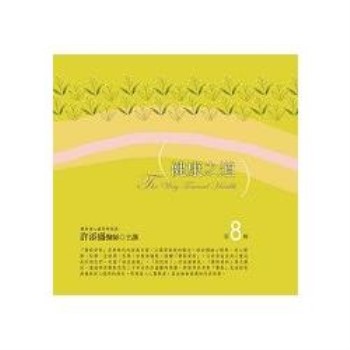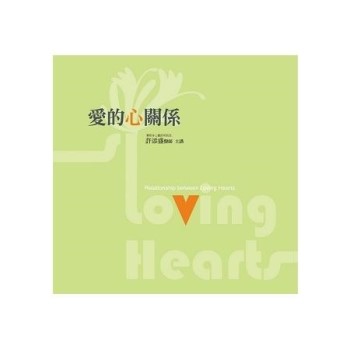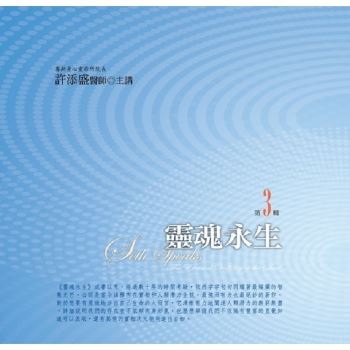This memoir is the story of our uncle, Frederick Woodward Blanchard, and of the family members who supported and cherished him. Fred, a Boston native, came to Los Angeles (population 40,000) in 1886. A visionary, he quickly entered deeply into the life of his adopted city, and he began a forty-year love affair with the City of Angels that continued right up to the time of his death, in 1928.
With its Mediterranean climate, pristine coastline, rolling hills, and majestic mountains, Los Angeles served as a fertile setting for Fred’s artistic sensibilities and dynamic leadership skills. And he looked at the cultural landscape of Los Angeles much the way an artist looks at a blank canvas. He saw limitless opportunities for beautifying and culturally enriching the city.
In 1907, Fred predicted that Los Angeles would one day become the largest city on the Pacific Coast. "What Italy is to the arts and music," he said, "so will Los Angeles become in time. Why not? With a climate which is so conducive to song and so ripens the artistic temperament, I believe Los Angeles will become one of the leading art centers in the country."
Fred worked tirelessly to advance his vision for the city. He developed and promoted a wide range of musical, cultural, and civic activities. He established Blanchard Hall, which contained the first art gallery west of Chicago. He served as a founder and first president of the Hollywood Bowl. He served also as chairman of the Good Roads Commission, and he’s known as the "father" of the cluster lighting system. His influence can still be felt from Lankershim to Hill Street, from Cahuenga Pass to Hollywood, and from Broadway to the Bowl.
Fred was a dreamer, but he was also a leader who could turn dreams into projects that served all the city and all of its citizens. His name and his dreams and his works live on-indelibly imprinted on Los Angeles history, never to be forgotten.












